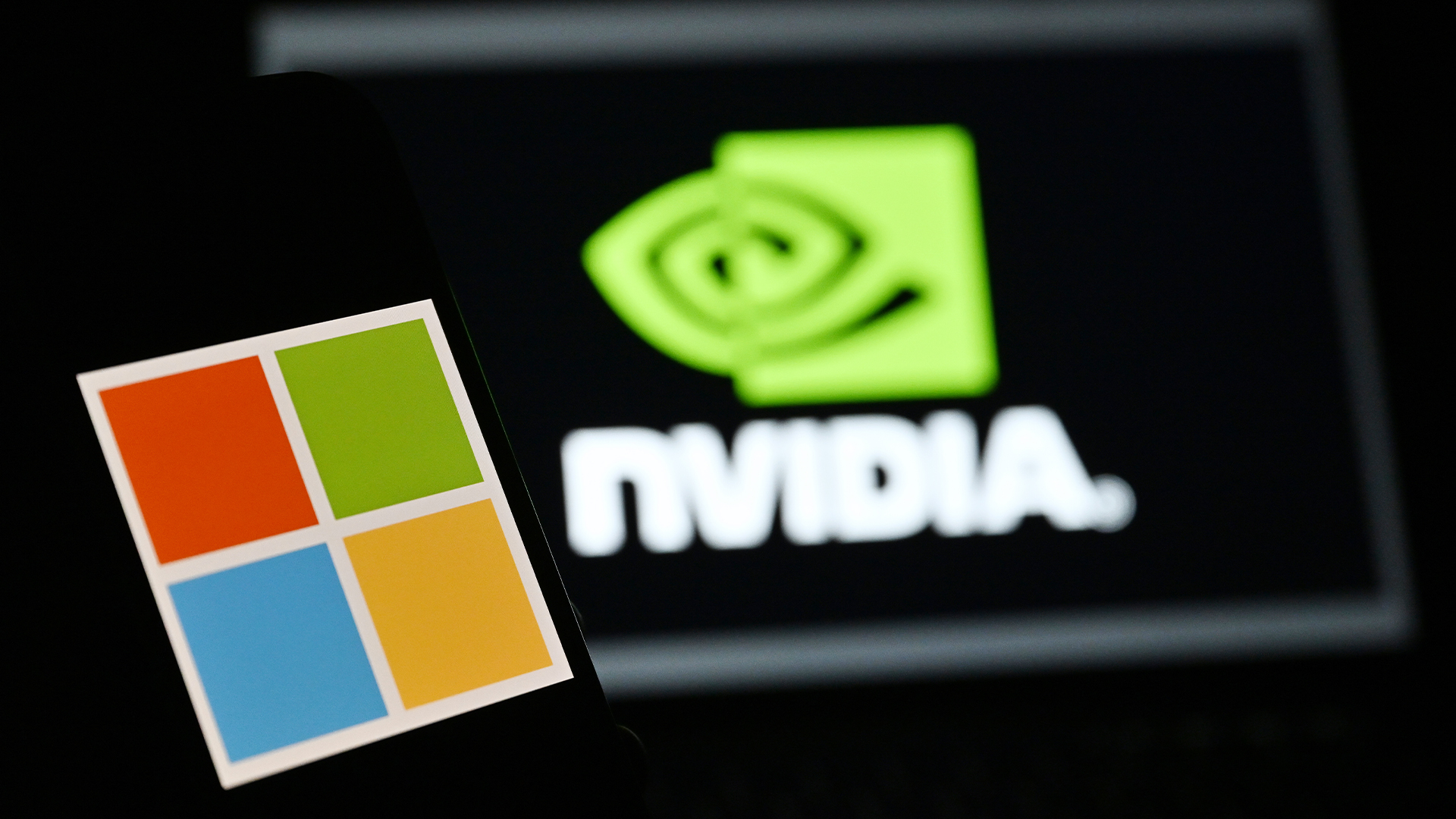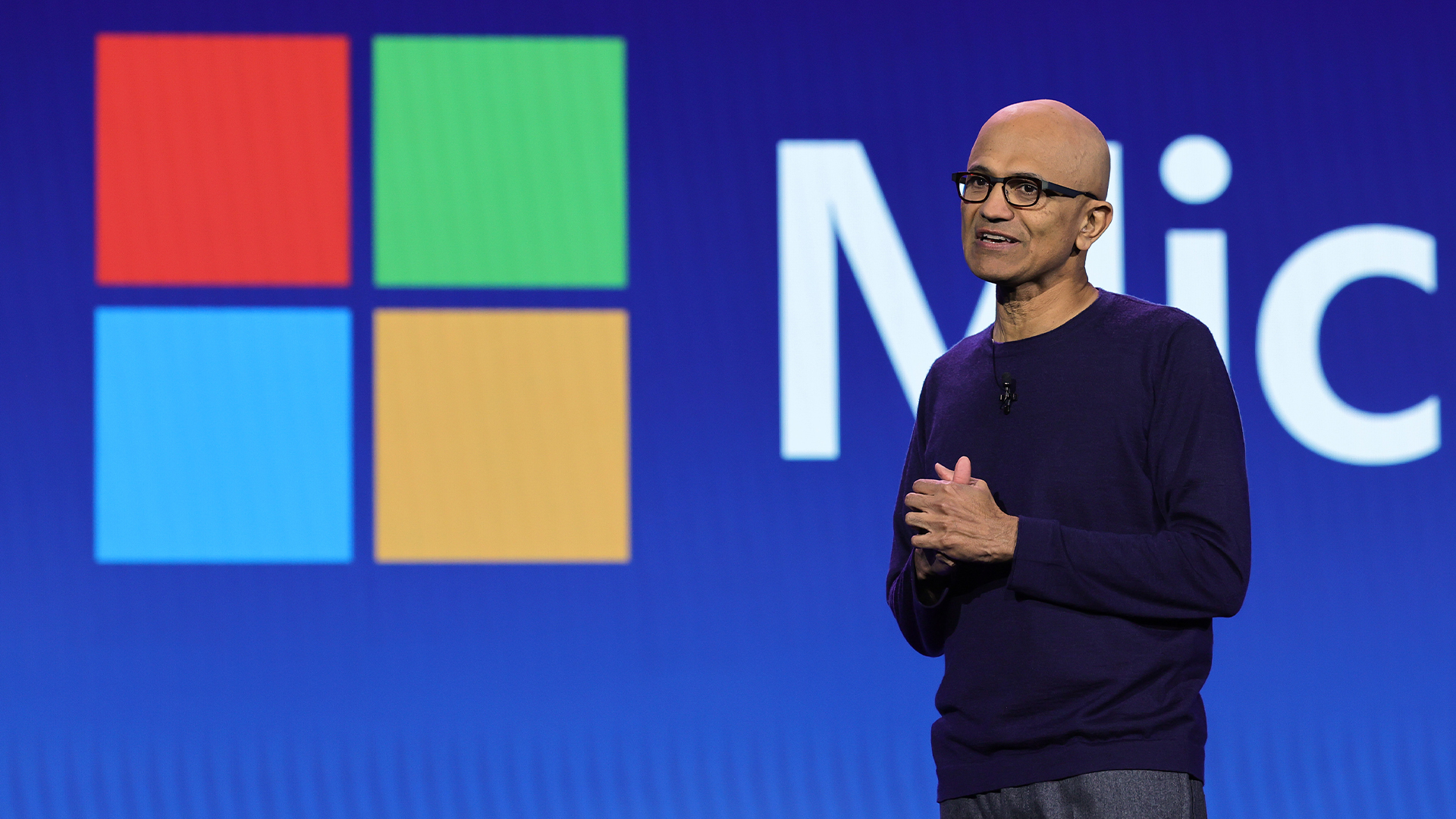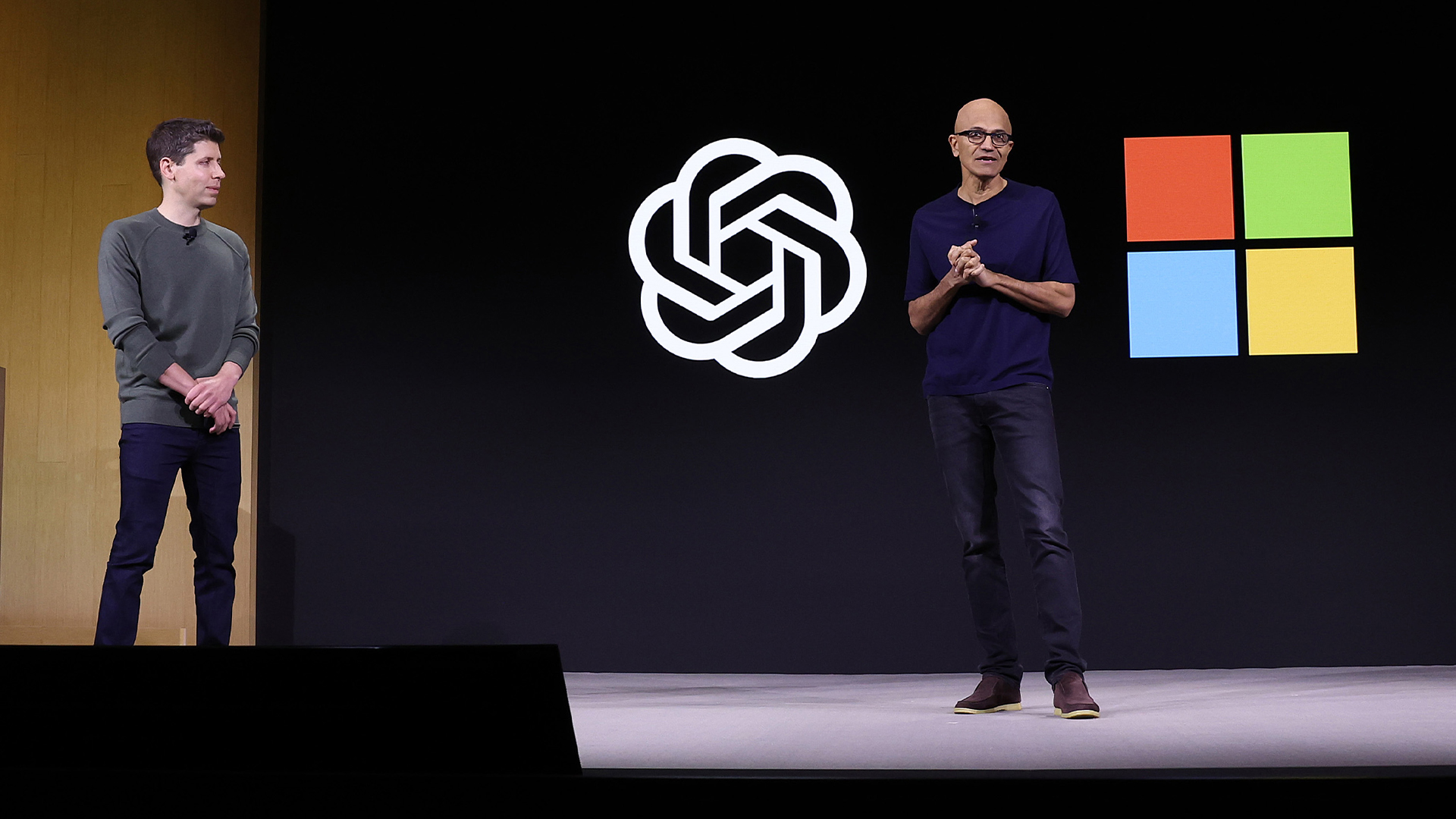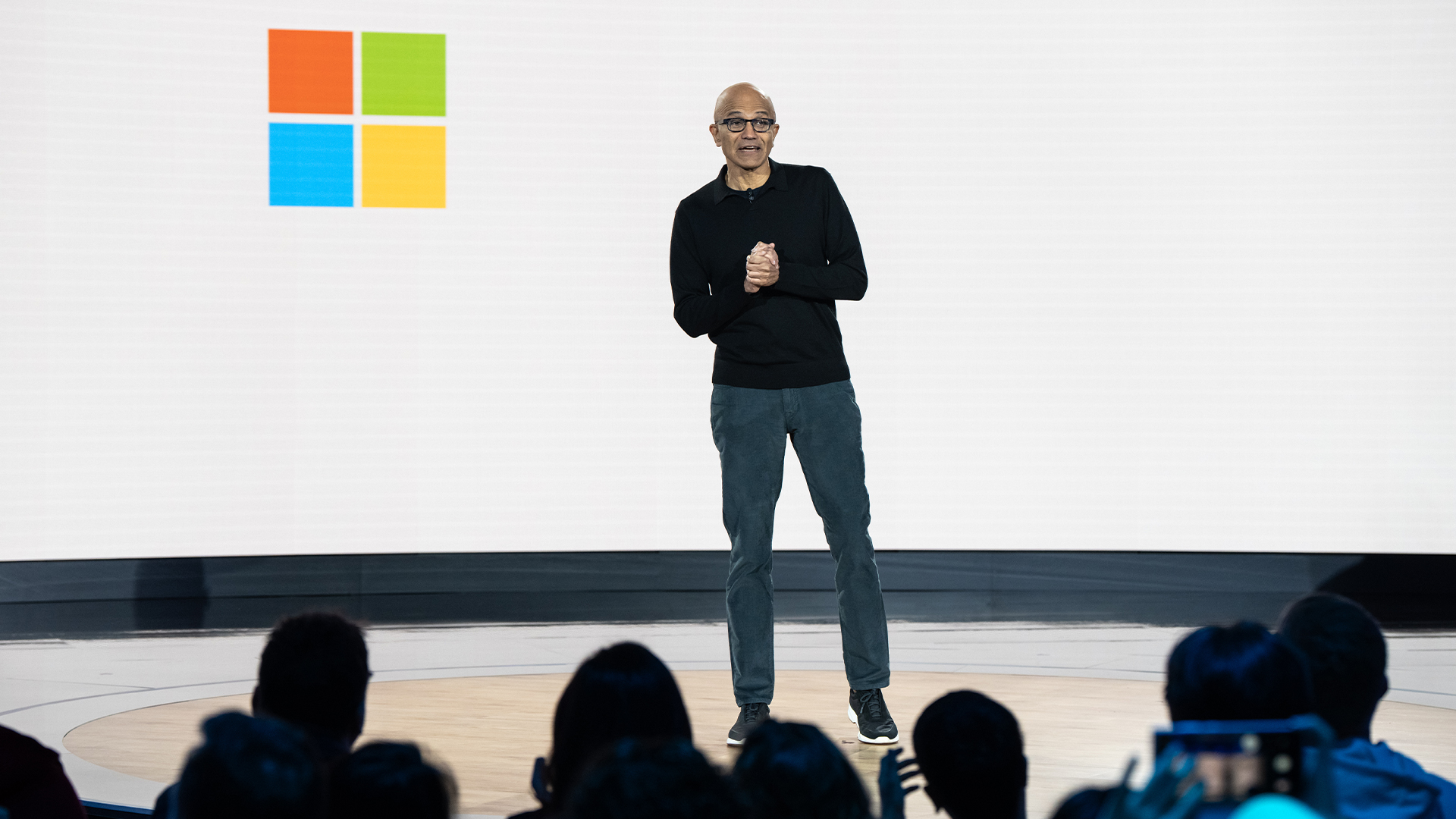Civil servants started using Microsoft Copilot to speed up admin tasks – here's what they found
Staff are using Microsoft Copilot to help draft documents and summarize meetings and emails


A pilot scheme testing the use of Microsoft Copilot in the public sector has saved civil servants nearly half an hour’s work per day, according to new figures.
More than 20,000 people took part in the three-month trial, using Microsoft 365 Copilot to summarize long emails, update records, and prepare reports.
Findings from the trial scheme showed users saved an average of 26 minutes per day, equivalent to around two weeks work each year.
Technology secretary Peter Kyle said the pilot highlights the significant productivity boosts delivered by AI tools, as well as the downstream benefits for citizens.
"Whether it’s helping draft documents, preparing lesson plans, or cutting down on routine admin, AI tools are saving civil servants time every day. That means we can focus more on delivering faster, more personalized support where it really counts," he said.
"AI is changing the way government operates, helping us work smarter, reduce red tape, and make better use of taxpayers’ money."
How public servants are using Microsoft Copilot
As part of the scheme, staff at Companies House have been using Copilot to handle routine customer queries and speed up tasks such as drafting responses and updating records.
Sign up today and you will receive a free copy of our Future Focus 2025 report - the leading guidance on AI, cybersecurity and other IT challenges as per 700+ senior executives
Meanwhile, at the Department for Work and Pensions (DWP), work coaches are using the AI tool to personalize advice for jobseekers.
"Using Copilot, I was able to help a self-employed customer – Customer X – revitalize her small business. Together, we created tailored social media posts to boost her online presence and used AI to identify cost-saving opportunities," said a DWP work coach involved in the trial.
"Within a week, she’d secured seven new client bookings. She’s now using Copilot to streamline admin and manage bookings – freeing up time to grow her business. It’s a powerful example of how AI can deliver real results for the people we support."
The findings come as research from the Alan Turing Institute concludes that AI could support up to 41% of tasks across the public sector, offering significant time savings.
In particular, generative AI could be useful for roles that have high levels of administrative tasks, researchers found. Public sector workers spend on average 30 minutes per day on emails, for example, many of which are routine. Using a generative AI tool to support initial drafting could decrease this time by 70%.
Use-cases in the education sector also look promising, researchers found. Teachers spend nearly 100 minutes a day on lesson planning – up to 75% of which could be supported by AI, freeing more time for the classroom.
"Our research shows that generative AI has the potential to greatly support the delivery of public sector work, assisting time-pressed staff with the completion of administrative tasks and freeing them up to focus on other elements of their jobs," said Youmna Hashem, research associate in AI for public services at the Alan Turing Institute.
"If the government introduces generative AI effectively and staff receive the training and assurance they need to confidently use the technology, this could meaningfully transform the way that public sector time is spent."
The trial coincides with a government test of a suite of AI tools called Humphrey aimed at helping civil servants speed up admin tasks in areas such as planning and social care, as well as in central government.
It forms part of a broader effort by the government to achieve £45 billion in savings by making public services faster, simpler, and more accessible.
MORE FROM ITPRO
Emma Woollacott is a freelance journalist writing for publications including the BBC, Private Eye, Forbes, Raconteur and specialist technology titles.
-
 Microsoft unveils Maia 200 accelerator, claiming better performance per dollar than Amazon and Google
Microsoft unveils Maia 200 accelerator, claiming better performance per dollar than Amazon and GoogleNews The launch of Microsoft’s second-generation silicon solidifies its mission to scale AI workloads and directly control more of its infrastructure
-
 Infosys expands Swiss footprint with new Zurich office
Infosys expands Swiss footprint with new Zurich officeNews The firm has relocated its Swiss headquarters to support partners delivering AI-led digital transformation
-
 Are hyperscalers backing out of Net Zero?
Are hyperscalers backing out of Net Zero?ITPro Podcast Expanding data center construction and demand for high-energy workloads are pushing hyperscalers off course on carbon
-
 Pax8 and Microsoft are teaming up to supercharge MSP growth
Pax8 and Microsoft are teaming up to supercharge MSP growthNews The new agreement includes integration between Pax8 and Microsoft Marketplace alongside a new OneCloud Guided Growth enablement initiative
-
 Microsoft and Nvidia are teaming up again to support UK startups
Microsoft and Nvidia are teaming up again to support UK startupsNews Agentic Launchpad will offer participants AI expertise, training and networking, and marketing support
-
 Microsoft’s huge AI spending still has investors sweating despite solid cloud growth
Microsoft’s huge AI spending still has investors sweating despite solid cloud growthNews Capital spending at Microsoft continues to surge, despite previous claims it would cool down
-
 Microsoft gives OpenAI restructuring plans the green light – but its terms ensure it still wins in the long run
Microsoft gives OpenAI restructuring plans the green light – but its terms ensure it still wins in the long runNews The deal removes fundraising constraints and modifies Microsoft's rights to use OpenAI models and products
-
 Microsoft unveils additional CEO to work alongside Nadella
Microsoft unveils additional CEO to work alongside NadellaNews The move aims to free up Microsoft CEO Satya Nadella to focus on AI
-
 Microsoft CEO Satya Nadella says UK ties are 'stronger than ever' as tech giant pledges $30bn investment
Microsoft CEO Satya Nadella says UK ties are 'stronger than ever' as tech giant pledges $30bn investmentNews Microsoft CEO Satya Nadella says it's commitment to the UK is "stronger than ever" after the tech giant pledged $30bn to expand AI infrastructure and build a new supercomputer.
-
 Microsoft warns of slow Azure traffic
Microsoft warns of slow Azure trafficNews Suspected Houthi attack on Red Sea cables likely to affect Europe-Asia connections for weeks
